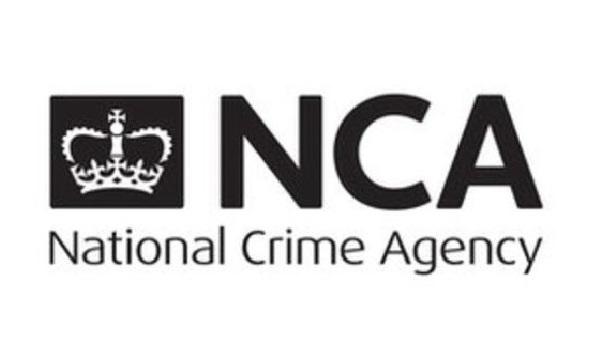Emergency legal powers ‘may help shape the future of criminal justice’
Emergency legal powers introduced during the Covid-19 pandemic could be a “catalyst” for change in the criminal justice system, according to a new report.
It found many of the changes were considered long overdue and will result in more efficient and effective ways of working in the longer-term.
The joint report published today (September 30) by HM Inspectorate of Constabulary in Scotland and HM Inspectorate of Prosecution in Scotland evaluated the use and impact of the key emergency criminal justice provisions, introduced by the Coronavirus (Scotland) Act 2020.
In particular, it found “wide-scale support” for continuing the use of electronic signatures and the electronic transmission of documents.
However, inspectors said less clear cut was the future of virtual courts, with issues around the quality of video links and solicitor consultation.
Gill Imery QPM, HM Chief Inspector of Constabulary, said: “Many of the innovations are ones which have long been contemplated but had not yet come to fruition for various reasons. In some instances, the pandemic has been a catalyst and in others an accelerator.
“Lessons learned from the past few months may help shape the future of criminal justice.”
As with all areas of public service, she said the criminal justice system has experienced an “extraordinary impact” from Covid-19.
“Responding to the pandemic has required remarkable efforts from those working across the system to be adaptable, innovative and to work at pace to maintain the integrity of the system and to continue to protect the public,” said Ms Imery.
“We pay tribute to those working in various criminal justice roles who have continued to deliver essential services. They have had to operationalise law and policy changes in quick time and re-engineer processes to meet new requirements.”
At an early stage of the pandemic, a range of provisions were made to enable the criminal justice system to continue to operate.
The joint inspection focused on four – three which were legislative and one that was a change in policy. They were electronic signature and electronic transmission of documents, remote attendance at court, the ability to take a case in any sheriff court and the revised Lord Advocate’s guidelines on liberation by the police during Covid-19.
Laura Paton, HM Chief Inspector of Prosecution, said: “It is now an appropriate time to take stock, assess their operation and ensure the benefits are being fully realised without comprising the fair administration of justice.”
“While many innovations have been vital to the continued function of the criminal justice system and may be of benefit in the longer term, their swift introduction without the usual consultation or equality and human rights impact assessments, risks them not gaining the support required or the fairness of proceedings being questioned.”
Inspectors found the most used provision has been electronic signature and electronic transmission of documents, which were deemed to be “not only effective and efficient but also saving in time and money and environmentally friendly”.
“There is wide-scale support for the practice to continue,” said the report. “Less clear cut is the future of remote, electronic court appearances. Virtual custody courts have been used to varying extents in different areas with more than 1,000 accused appearing via digital means. While they have proved useful during the pandemic, a number of issues around solicitor consultation, the ability of the accused to participate effectively in proceedings, and the quality of video links would need to be addressed.”
The report identified that some summary trials and hearings were straightforward enough for the virtual environment, but there was a degree of scepticism about a significant roll-out.
It suggested that for summary trials, a hybrid model with some of the trial taking place in person and some witnesses appearing virtually should be given serious consideration.
There has been minimal take up of the facility for those making a first appearance from custody to be dealt with in any sheriff court in Scotland, rather than the one closest to where the offence took place.
“It may be of use in some limited circumstances in the future but further consultation would be required,” added the report.
When reviewing the impact of the revised Lord Advocate’s guidelines on release from police custody, the inspection team found they had had a considerable impact on the number of people detained in custody and held for court and had prompted cultural change within Police Scotland.
The inspection field work was carried out in August and early September as the criminal justice system was still responding to the pandemic and assessing how it will recover.
Issues identified in the report are already subject to discussion among criminal justice partners.







